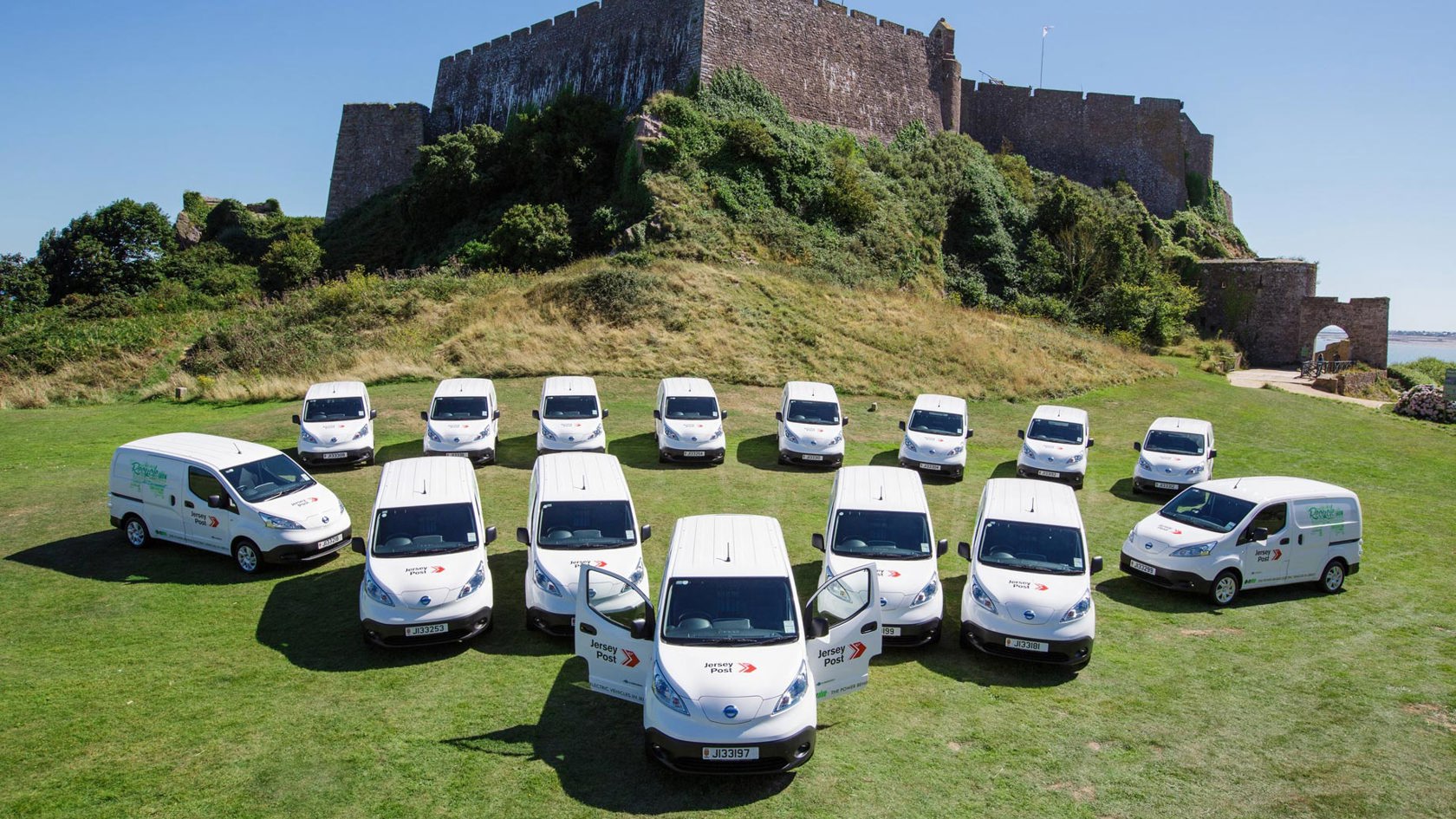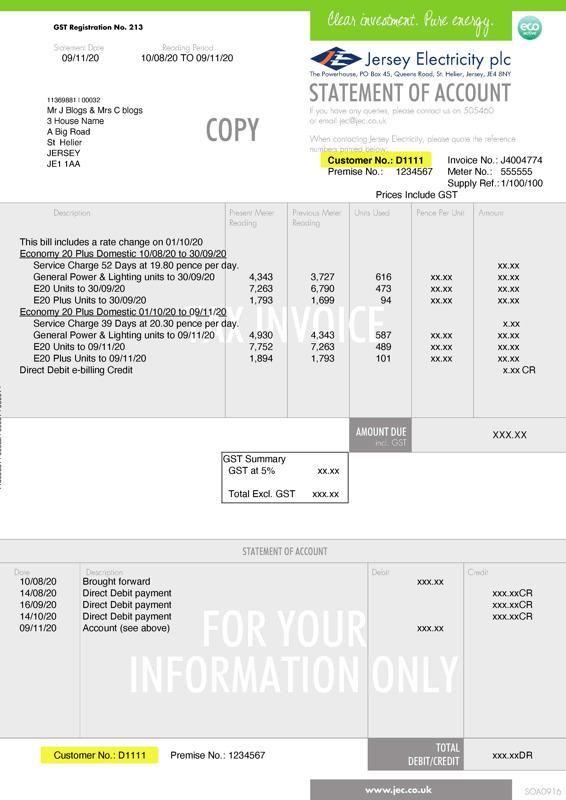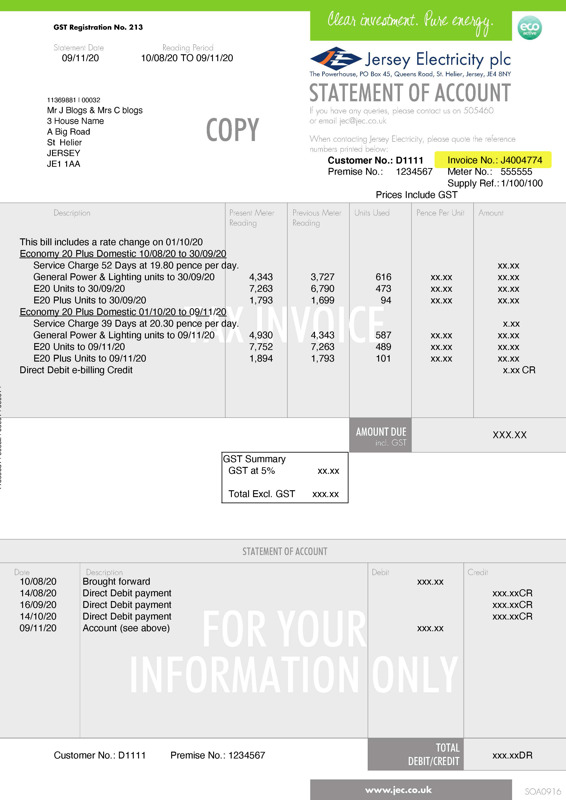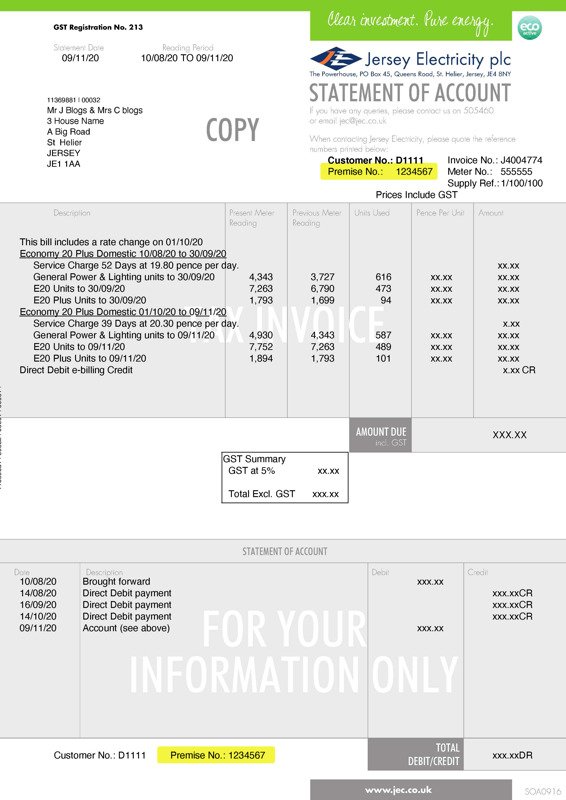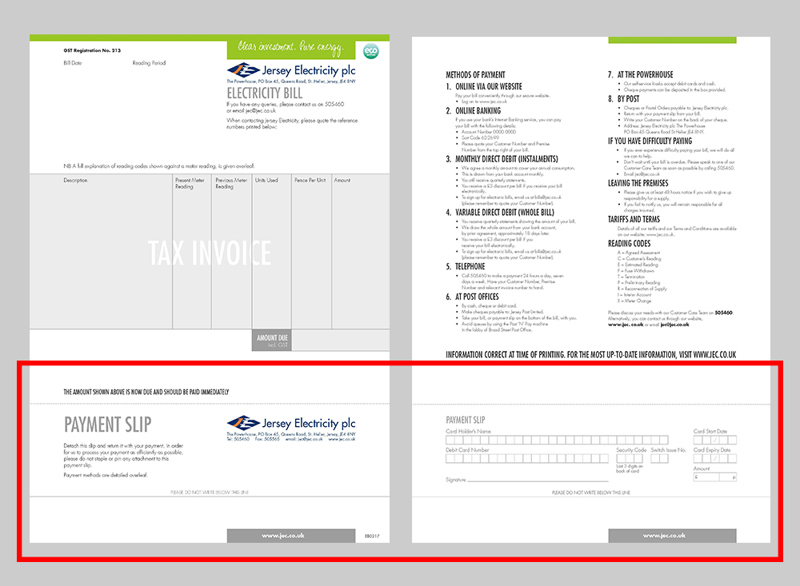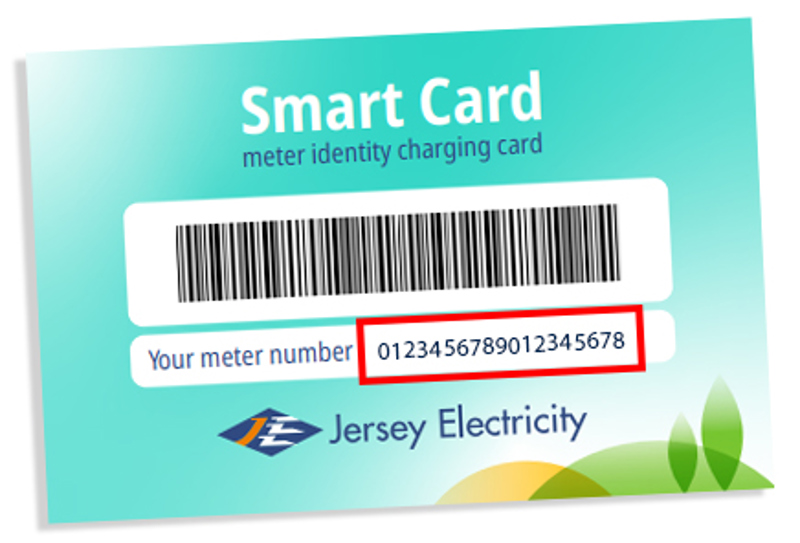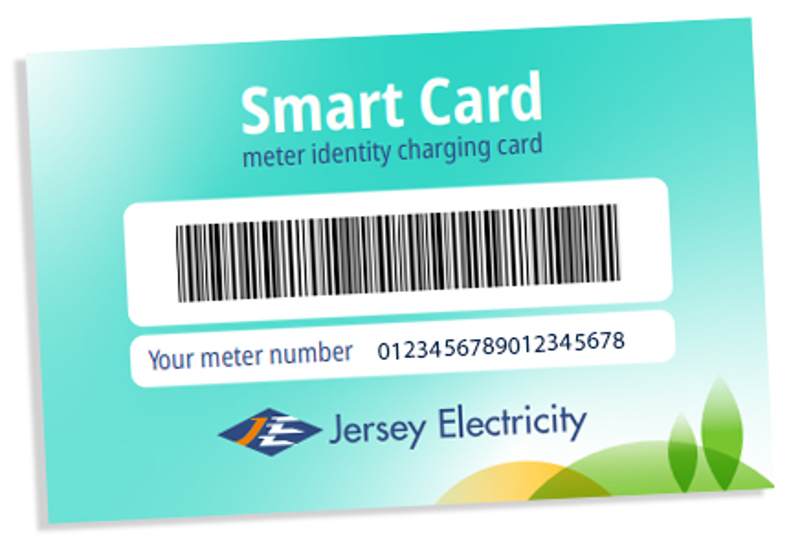Good for the planet, good for your bottom line
Commercial electric vehicles (EVs) are increasing in popularity as more local businesses realise the economic and environmental benefits.
Benefits of commercial electric vehicles
Lower fuel costs
Cut your carbon footprint
Reduced maintenance
Less air pollution
Less noise pollution
Boost environmental credentials
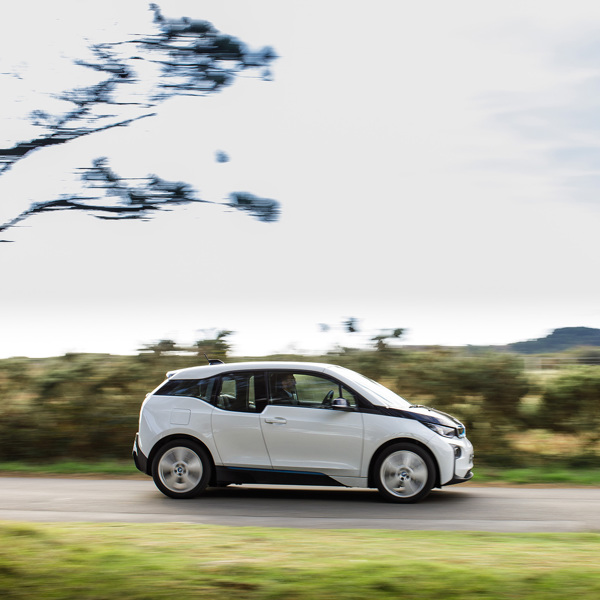
Lower running costs than traditional fleets
EVs are considerably cheaper to run than petrol and diesel alternatives. Not only is the cost per mile lower on electricity than petrol or diesel, but fewer moving parts and being less hard on brakes means lower maintenance costs.
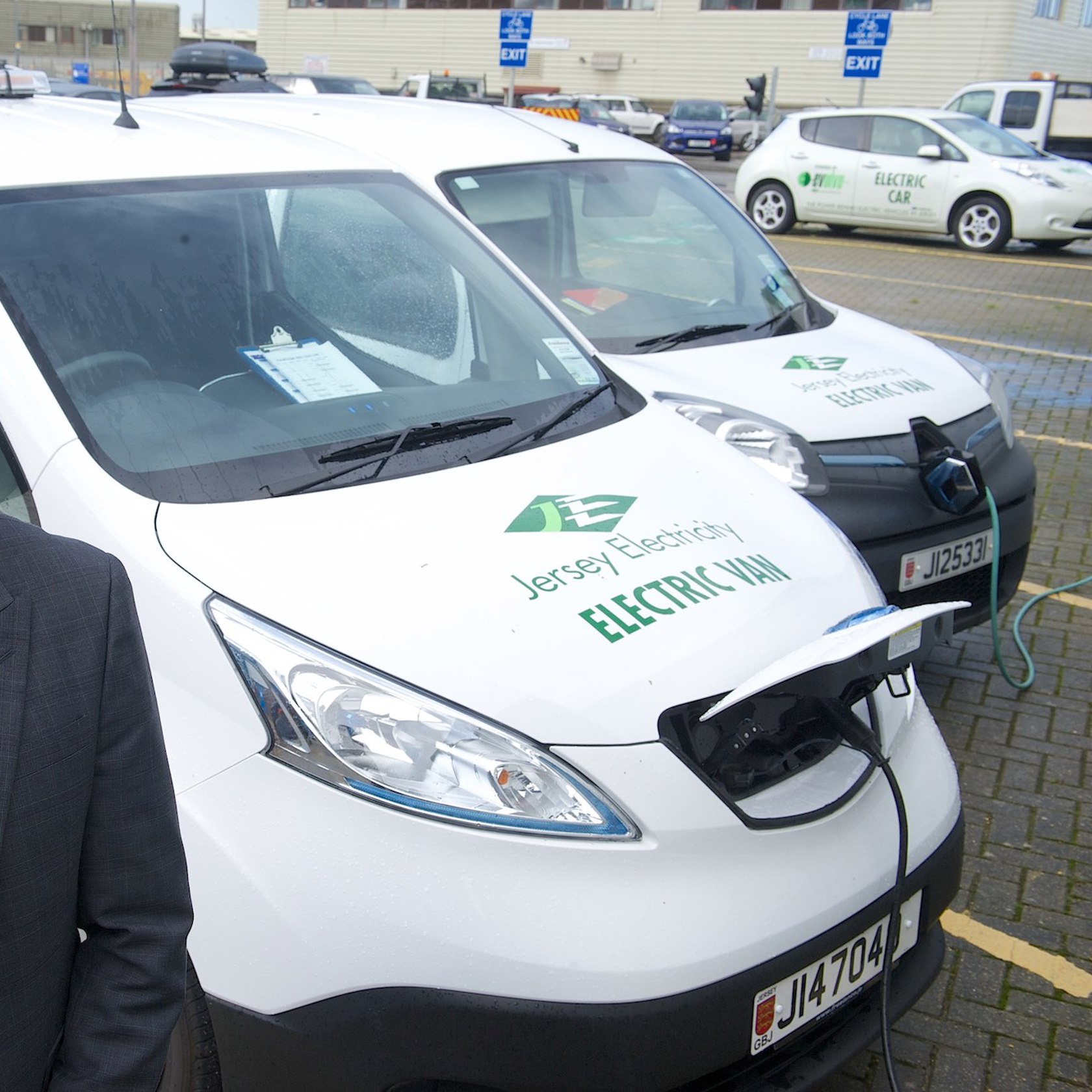
Battery Electric Vehicles (BEV)
BEVs use on-board battery packs to store electricity. The vehicle is fully reliant on the energy in the batteries to power the engine and all onboard electrics.
BEVs do not produce any harmful emissions and they do not have an exhaust. To charge the batteries, BEVs must be plugged into a charger.
Plug-in Hybrid Electric Vehicle (PHEV)
PHEVs have an electric motor powered by batteries and an internal combustion engine powered by petrol or diesel.
As the name suggests, PHEVs can be plugged in to recharge the batteries. But they also draw energy from a process known as regenerative braking.
PHEVs often go as far as 40 miles before their internal combustion engine kicks in to provide additional power.
Hybrid Electric Vehicles (HEV)
HEVs are primarily powered by an internal combustion engine, with a smaller electric engine available in tandem. The electric energy is generated exclusively by regenerative braking.
HEVs only use their electric motor as they pull away. But as the car picks up speed, the internal combustion engine kicks in.
Types of electric vehicles
There are three different types of electric vehicles.
- Battery Electric Vehicles (BEV)
- Plug-in Hybrid Electric Vehicle (PHEV)
- Hybrid Electric Vehicles (HEV)
Each type of vehicle uses electricity in a different way to provide power to the engine.
Will commercial EVs work for you?
Commercial EVs are playing an increasing role in the commercial van market, and more manufacturers are introducing new models with improved size and specifications. Before committing to electric you should consider:
How many miles do you typically travel in a day?
If you drive less than 70 miles per day, your EV can simply be recharged overnight when not in use.
Do you have anywhere to charge the battery?
An EV can be recharged at your business premise, a public charging point or even at your staff member's property.
What is your annual mileage?
The higher your mileage, the more you will save on running costs by switching.
Do you have a lot of stop-start deliveries?
EVs do not waste energy while idling, unlike petrol or diesel engines.
If you're still unsure, speak to your local e-van dealer and arrange a test drive - you won't be disappointed.
Not sure how to improve your business environment?
Get advice on a range of low-carbon solutions for island businesses, from high-efficiency heat pumps to induction cooking, all-electric kitchens and E-mobility.


